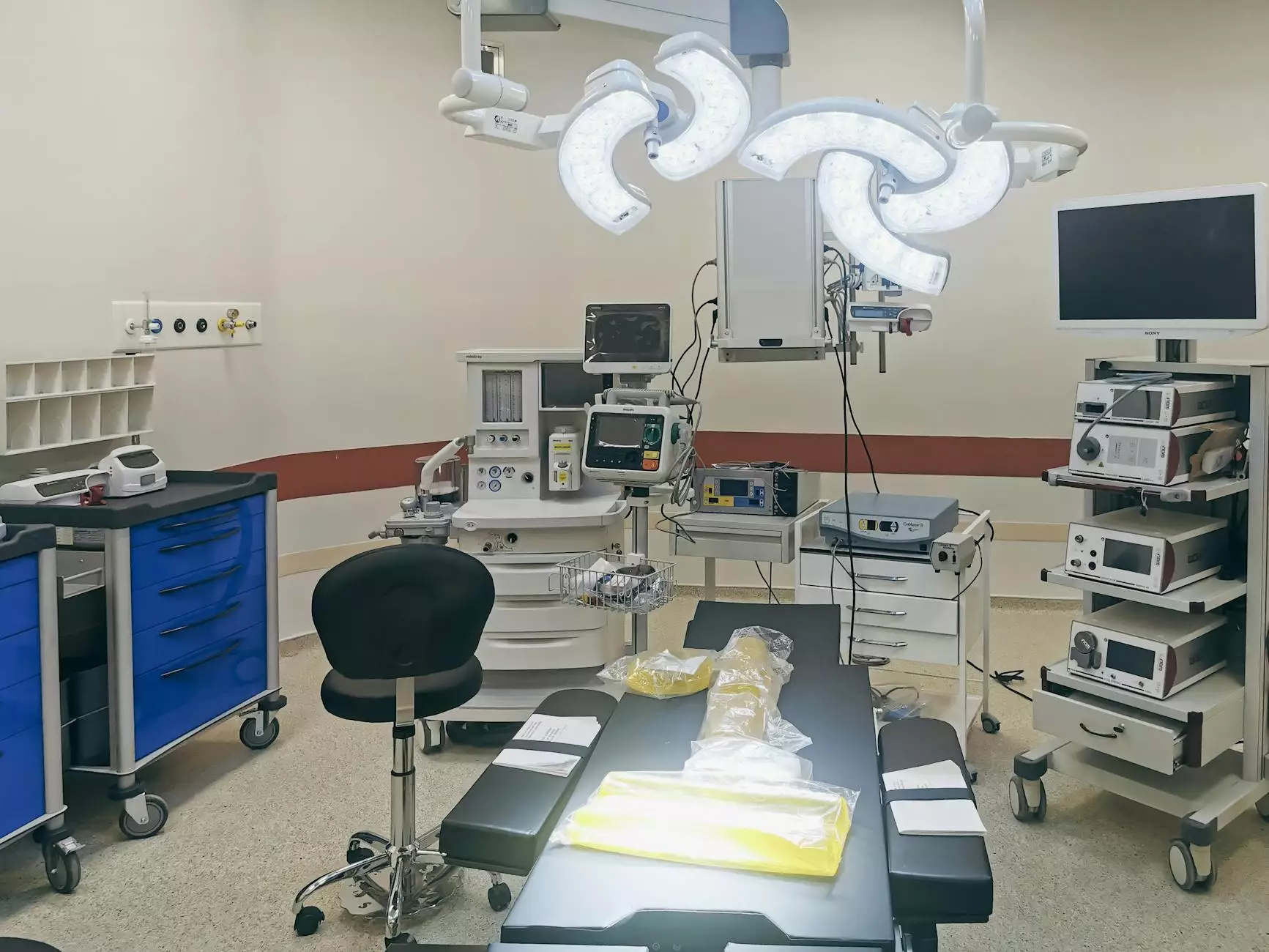Pills for Depression and Anxiety: A Comprehensive Guide

Understanding Mental Health Challenges
Mental health challenges, particularly depression and anxiety, are afflictions that affect millions of people across the globe. These conditions can significantly diminish one's quality of life, impair relationships, and hinder productivity. Fortunately, there are effective treatments available, including various medications commonly referred to as pills for depression and anxiety.
What Are Depression and Anxiety?
Depression is a mood disorder characterized by persistent feelings of sadness, hopelessness, and a loss of interest or pleasure in activities. Anxiety, on the other hand, involves excessive worry and fear, often accompanied by physical symptoms such as increased heart rate and sweating.
How Pills Help Alleviate Symptoms
The use of pills for depression and anxiety can be a vital part of a comprehensive treatment plan. These medications typically aim to correct chemical imbalances in the brain that contribute to the symptoms of these disorders.
Types of Pills for Depression
There are several categories of medications used to treat depression:
- Selective Serotonin Reuptake Inhibitors (SSRIs): These are commonly prescribed and work by increasing levels of serotonin in the brain. Examples include fluoxetine (Prozac) and sertraline (Zoloft).
- Serotonin-Norepinephrine Reuptake Inhibitors (SNRIs): These medications not only boost serotonin but also norepinephrine, another neurotransmitter that helps regulate mood. Venlafaxine (Effexor) is a well-known SNRI.
- Tricyclic Antidepressants (TCAs): While less commonly used today due to side effects, TCAs like amitriptyline can still be effective for some patients.
- Monoamine Oxidase Inhibitors (MAOIs): These are older antidepressants that can be effective but require dietary restrictions to avoid dangerous interactions.
Types of Pills for Anxiety
Anxiety disorders can also be treated with various medications, including:
- Benzodiazepines: Often prescribed for short-term relief, these medications, such as diazepam (Valium) and lorazepam (Ativan), help reduce anxiety quickly but are not typically recommended for long-term use due to the risk of dependency.
- Buspirone: This is an anti-anxiety medication that can be used on a long-term basis without the risk of dependency associated with benzodiazepines.
- Antidepressants: Interestingly, many antidepressants, particularly SSRIs and SNRIs, are also effective in treating anxiety. In fact, their positive effects on mood can also alleviate anxiety symptoms.
The Importance of a Comprehensive Treatment Plan
While pills can provide significant relief, it is essential to acknowledge that they are most effective when combined with other forms of treatment. A comprehensive approach often includes therapy, lifestyle changes, and self-care practices.
Integrating Therapy with Medication
Cognitive Behavioral Therapy (CBT) is particularly effective for both depression and anxiety. Therapy can help individuals understand their thoughts and behaviors, develop coping skills, and work through their feelings. Together, therapy and medication can offer a multifaceted approach to managing mental health.
Lifestyle Changes to Support Mental Health
Adopting a healthy lifestyle can also significantly impact mental well-being. Consider the following:
- Regular Exercise: Exercise releases endorphins and can improve mood. Aim for at least 30 minutes of moderate exercise most days.
- A Balanced Diet: Nutrition plays an essential role in mental health. Foods rich in omega-3 fatty acids, antioxidants, and vitamins can support brain health.
- Sleep Hygiene: Quality sleep is crucial. Establishing a calming bedtime routine and eliminating screen time before bed can enhance sleep quality.
- Mindfulness and Meditation: Practices such as meditation and mindfulness can reduce stress and improve emotional regulation.
Choosing the Right Medication
The journey to finding the correct pills for depression and anxiety can be complex. It often involves trial and error. It is vital to work closely with a healthcare provider to monitor symptoms, assess effectiveness, and adjust treatment as necessary.
Consulting a Professional
If you or someone you know is struggling with depression or anxiety, a consultation with a healthcare provider is the first step. They can provide a thorough assessment, discuss treatment options, and help develop an individualized plan for recovery.
Managing Expectations
It is crucial to manage expectations when starting treatment. Medications may take several weeks to show their full effects, and side effects may occur. Communication with your healthcare provider is vital during this period.
The Role of Support Networks
Having a strong support network is integral to the recovery process. This support can come from:
- Family and Friends: Encourage open conversations about mental health to foster understanding and support.
- Support Groups: These groups provide a space to share experiences and receive encouragement from others facing similar challenges.
- Therapeutic Alliances: Building a trusting relationship with a therapist can enhance the effectiveness of treatment.
Conclusion
Managing depression and anxiety can be a daunting task, but it is crucial to remember that help is available. By understanding the various pills for depression and anxiety—their types, benefits, and integration with therapeutic practices—individuals can empower themselves on their journey to wellness. Seeking professional help, making lifestyle changes, and building a supportive environment are all essential steps toward improving mental health.
For more information on pills for depression and anxiety, and to find a selection of health-related products, visit gibsonmaxup.com, your trusted resource for health and medical supplies.









